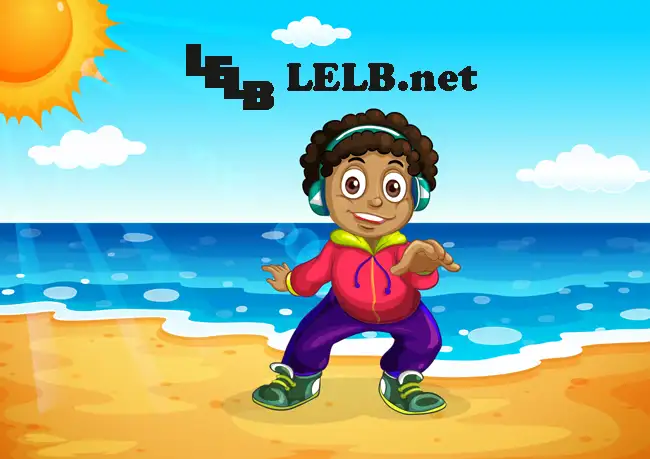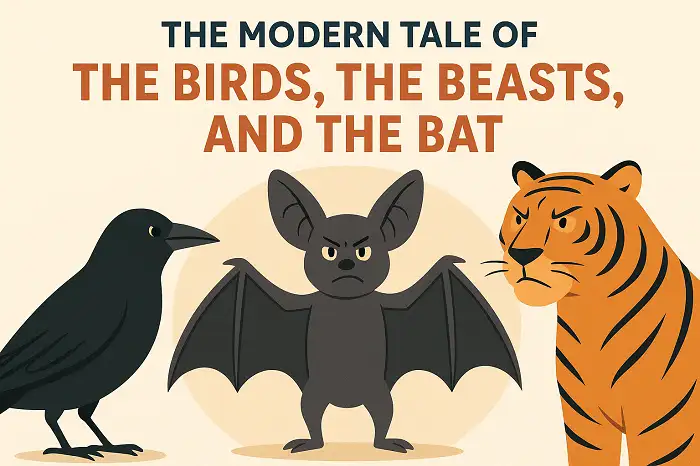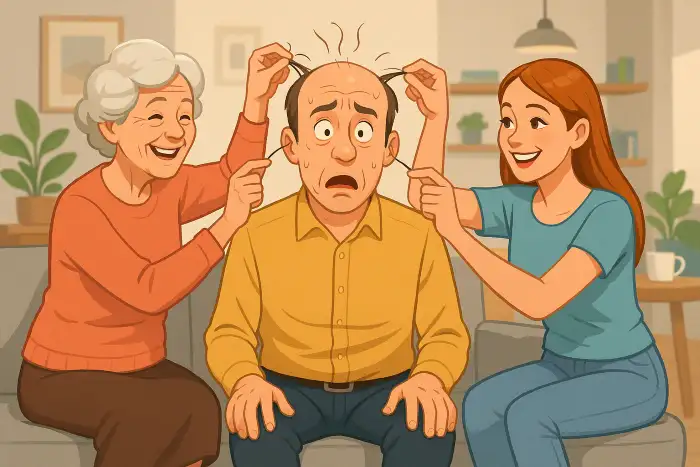The Boy Bathing by Aesop for ESL students based on the English Immersion Program with a podcast and vocabulary practice in real context The Boy Bathing is now in the public domain available on Gutenberg Project. Podcast of the Boy Bathing https://www.youtube.com/watch?v=AOiyZN_mMrk The Boy Bathing A boy was bathing in a river and got out of his depth, and was in great danger of being drowned. A man who was passing along a road heard his cries for help, and went to the riverside and began to scold him for being so careless as to get into deep water, but ...
Home » English Short Stories » The Boy Bathing by Aesop for ESL Students

The Boy Bathing by Aesop for ESL Students
Updated: by Dr. Mohammad Hossein Hariri Asl
Time to Read: 3 minutes | 469 Views | 6 Comments on The Boy Bathing by Aesop for ESL Students
Share This Post
About the Author
Dr. Mohammad Hossein Hariri Asl is an English and Persian instructor, educator, researcher, inventor, published author, blogger, SEO expert, website developer, entrepreneur, and the creator of LELB Society. He's got a PhD in TEFL (Teaching English as a Foreign Language).
Number of Posts: 4242



I think the poor kid was right because the guy didn’t help but also scold him for bathing dangerously in the river and getting drowned. So probably the meaning of the story is if you are not going to help, you also shouldn’t scold others.
That’s precisely right. According to the central message of this Aesop’s fable, if you cannot make any contribution, at least don’t aggravate the situation. The critical man’s attitude was just adding insult to injury.
Some people always are ready to criticize others without considering their own behavior and thinking whether they are right or not.undoubtedly scolding others is much easier than correcting our own faults.
Well-put, doctor! Thank you! And in this situation, we use the following proverb:
The boy in the short story was in the danger of drowning, and the traveler was scolding him instead of giving assistance. The theme of this short story is that if we cannot give any help, we shouldn’t scold and chide either.
That’s absolutely correct. Advice and criticism must be constructive in their context, and not destructive or injurious.